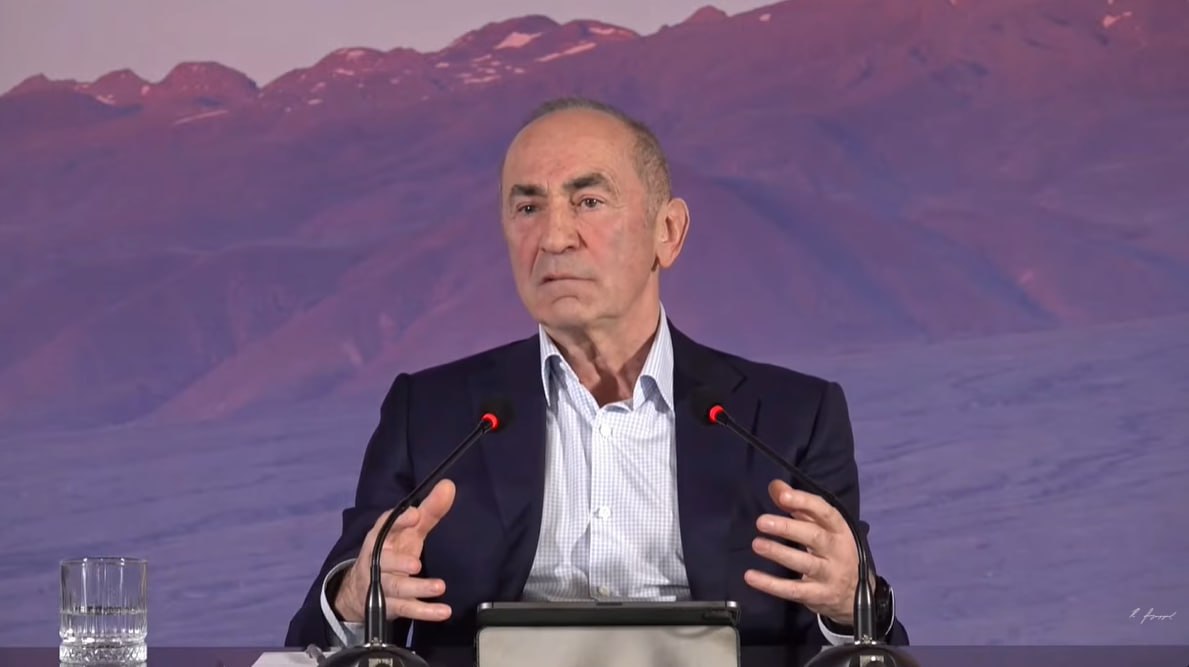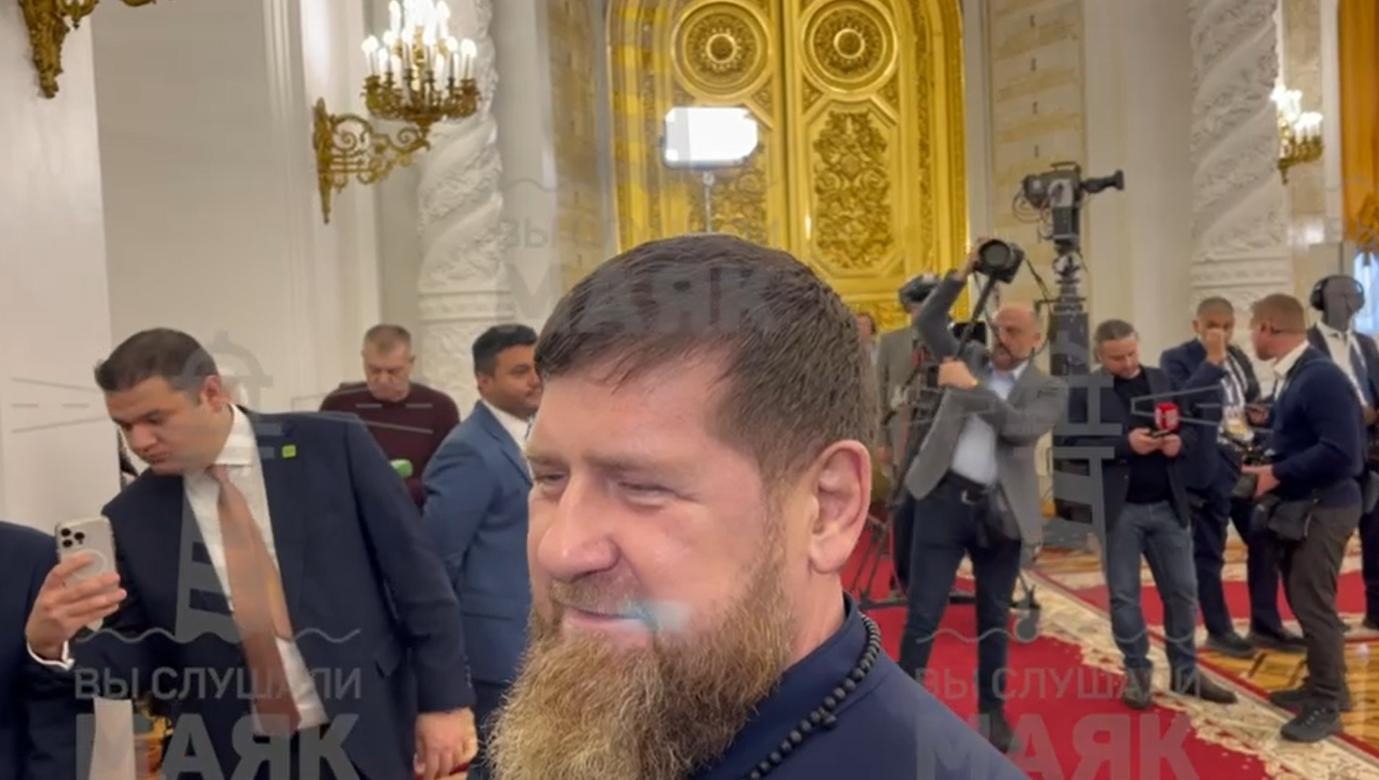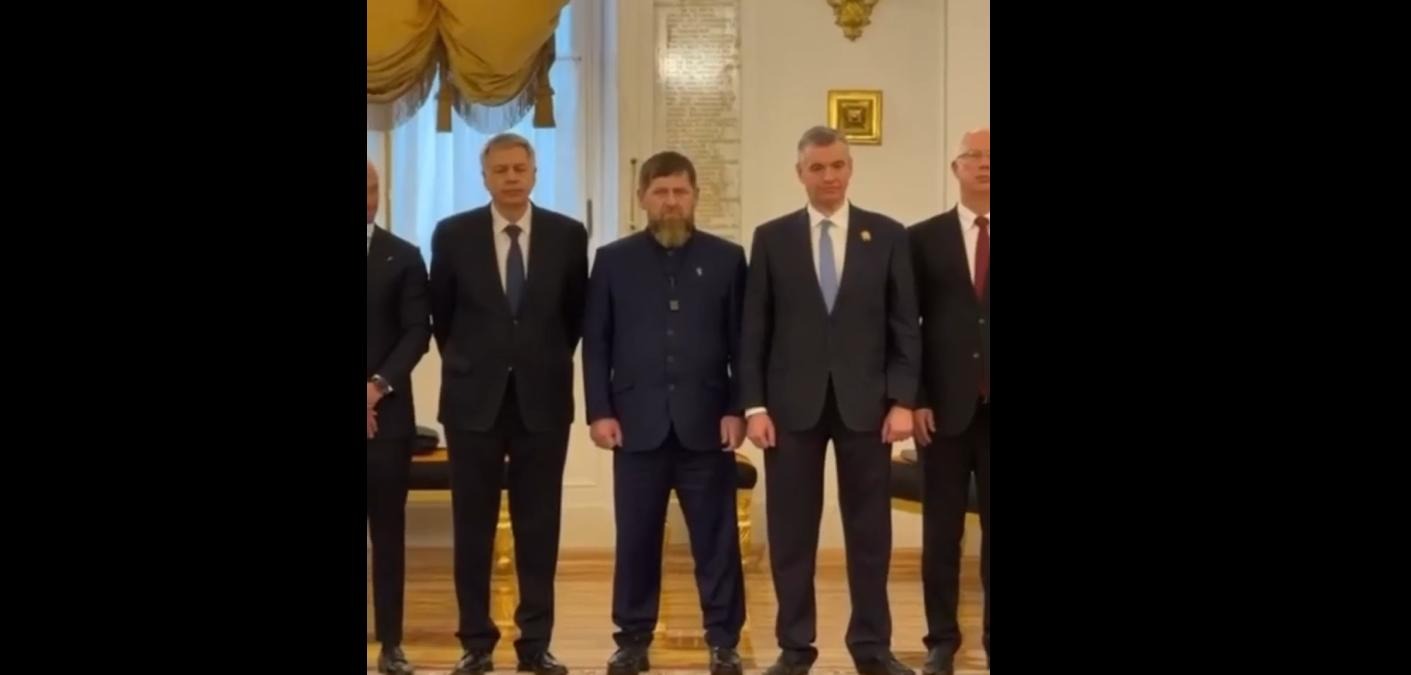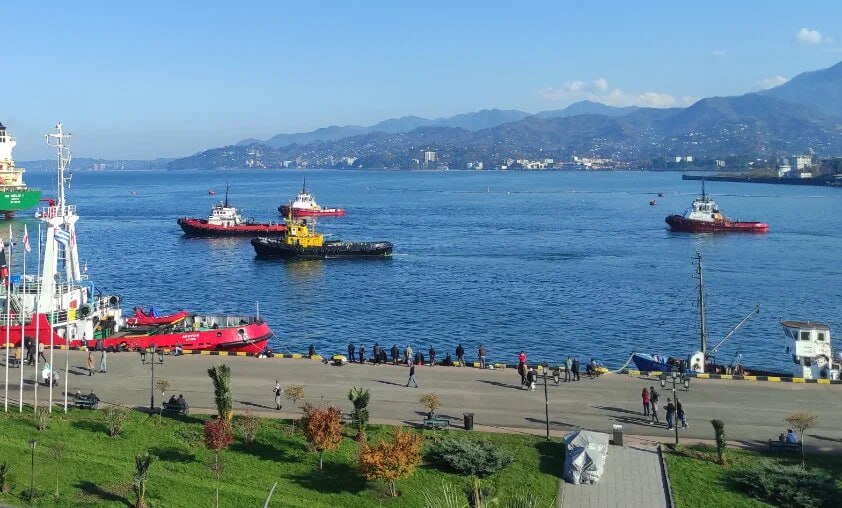Former Armenian President Robert Kocharyan warned against the current government's flippant attitude toward possible harsh responses from Moscow. He believes the authorities fail to grasp the scale of the potential impact Russia could have, including tariff revisions and export blockages.

September 25, 2001
***
At about 7.30, the Russian military, who arrived in Argun in three armored personnel carriers, took Isa Abubakarovich Khizriev, born in 1973, from his home (Lugovaya St., 33). Subsequently, he disappeared without a trace. A statement submitted by relatives to human rights organizations notes that the abducted man was of average height, with black hair and eyes. He had no special marks or scars on his body.
Based on the fact of his abduction (Part 2 of Article 126, paragraph “a, g” of the Criminal Code of the Russian Federation), the Argun Interdistrict Prosecutor’s Office opened criminal case No. 78018. This happened at the very beginning of February 2002, and already at the beginning of April it was suspended “due to the impossibility of identifying persons to be brought as accused” (Article 195, paragraph 3 of the Code of Criminal Procedure of the RSFSR). As of the end of 2003, the whereabouts of Isa Khizriev had not been established.
***
Near the village of Starye Atagi, unknown armed people took away their KAMAZ vehicles from two residents of the village of Germenchuk, declaring that they were “state” and necessary for the needs of the ChRI. They released the drivers.
That same evening, Russian military personnel from the 48th regiment of the Internal Troops of the Ministry of Internal Affairs of the Russian Federation stationed in the mill on the outskirts of the village detained a 16-year-old teenager on suspicion of involvement in the hijacking. With the assistance of the head of the local administration, Vakha Gadaev, he was released.
***
On the street Guchigov and the adjacent quarters of the city of Urus-Martan carried out a “targeted cleanup”. This time, the military used dogs during the inspection, which, contrary to Chechen traditions, were brought into living quarters. The operation was accompanied by violations of the criminal procedural legislation of the Russian Federation. In particular, the military did not introduce themselves, did not present a warrant for the search, did not invite witnesses, and no protocol was drawn up based on its results.
***
The regional center of Kurchaloy came under artillery fire. Residential and courtyard buildings were damaged in large numbers. Residents were already accustomed to being on alert due to incessant shelling from the territory of the Russian commandant’s office and military units stationed within the village, and therefore there were no casualties among them. They became regular after September 19, when the former commandant of the Shkuro district died from severe wounds received back in July.
According to unofficial data, the military offered local administration employees to allocate money for the funeral. Previously, Kurchaloevites had already collected funds for the funeral of his predecessor, Sergei Kislov, who was shot dead by a member of the WF of the ChRI in the village of Tsotsin-Yurt on May 17, 2001.
***
At noon the village of Enikali was shelled from tank guns. The house of local resident Gagaev was destroyed, and he himself was wounded. A young woman named Dasaeva was also wounded. The reasons for the shooting are unknown.
From the book “People Live Here”, Usam Baysaev, Dmitry Grushkin, 2006.



